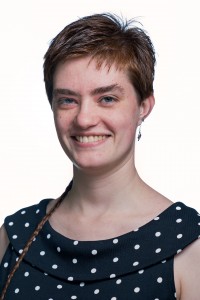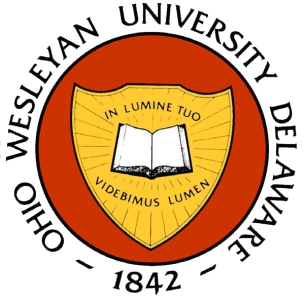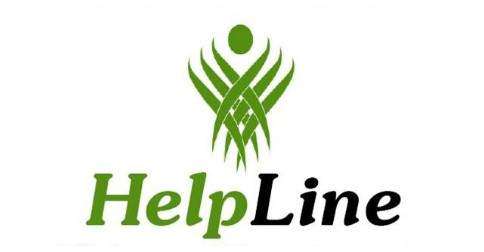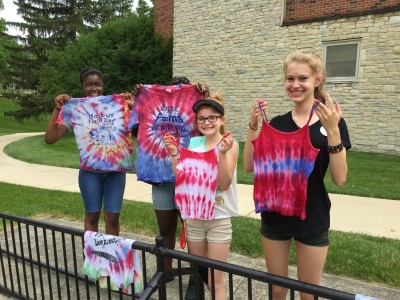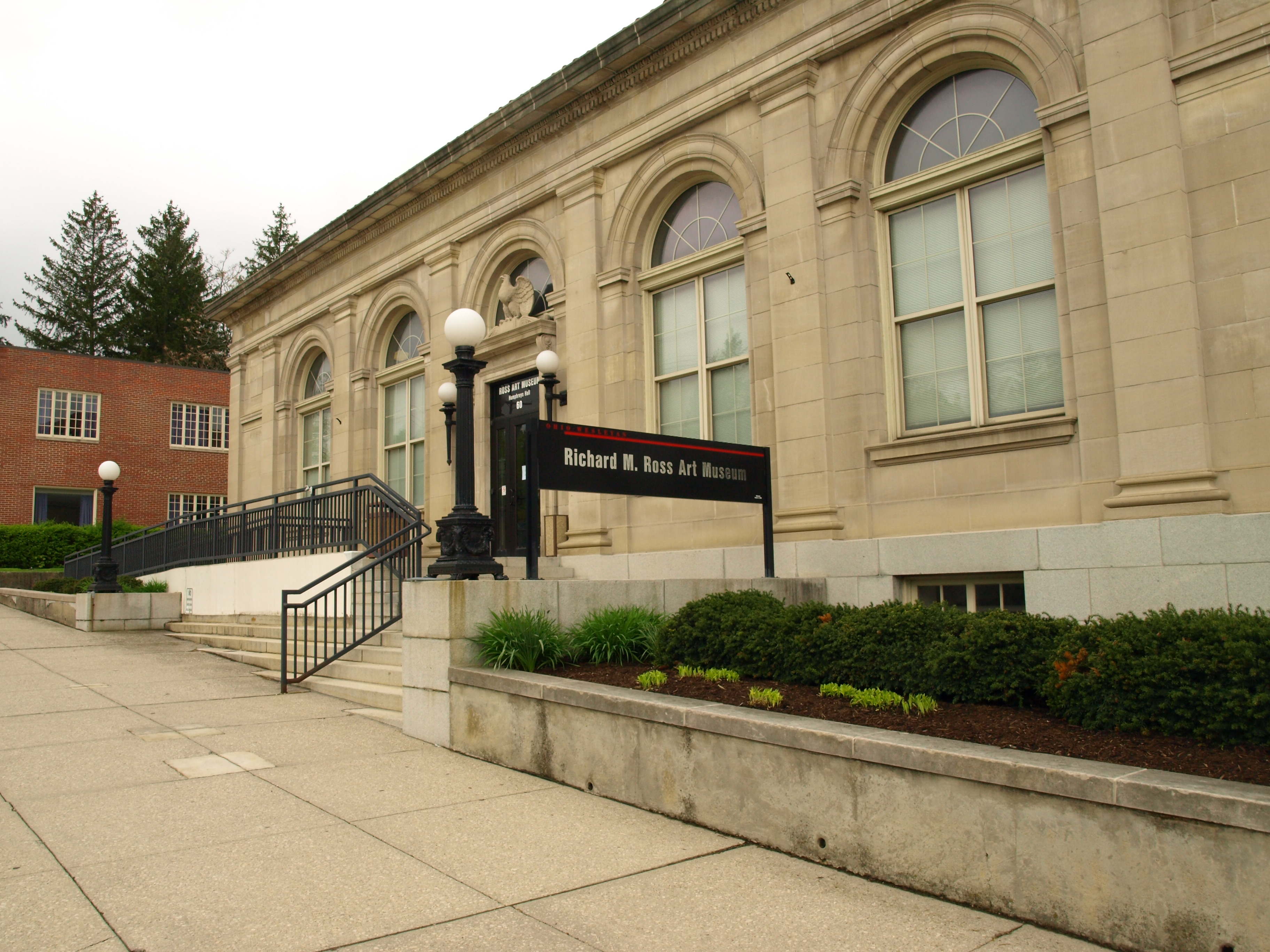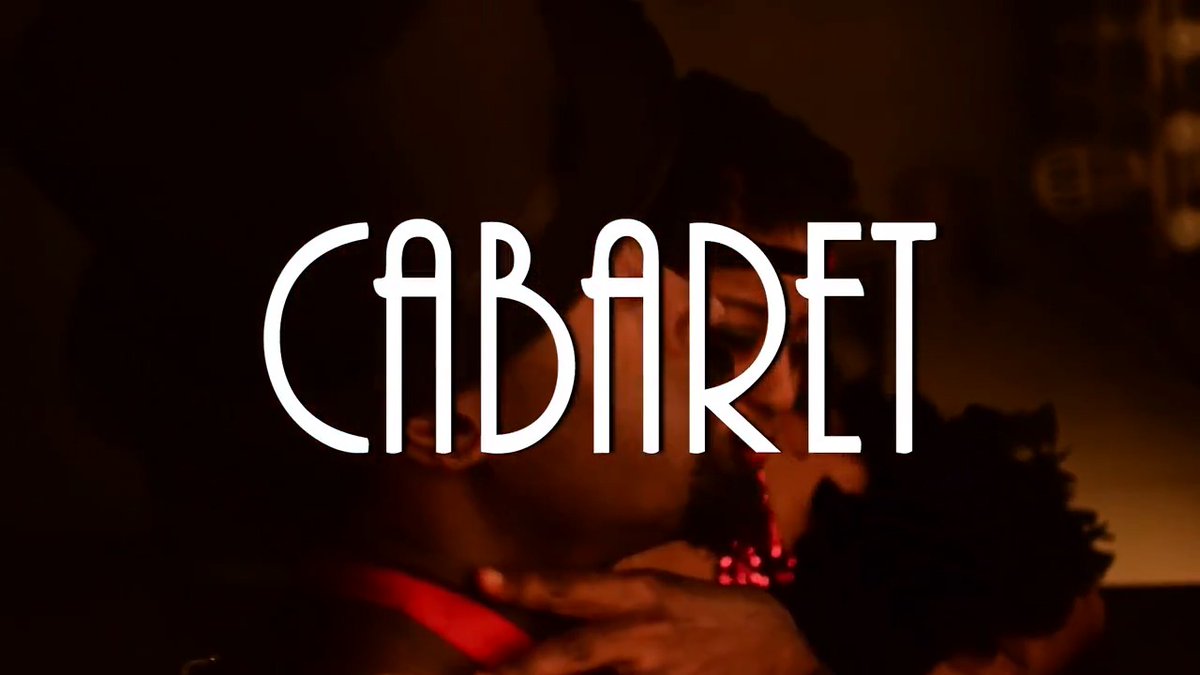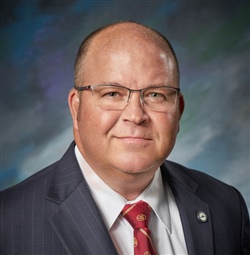By Transcript Staff
Retention rates are a serious topic amongst colleges and universities
While most people hang on to the retention of students, they also overlook retention of faculty/staff as well. Without faculty to teach students, why would students attend college? Ohio Wesleyan University is one of these school that are seeing decreases, however, President Rock Jones is sure that OWU is prepared for such occurrences
“Ohio Wesleyan has established practices for providing support for departments when faculty leave unexpectedly, and for allocating tenure-track faculty lines,” Jones said. “The administration, in consultation with the University Governance Committee and the Board of Trustees, determines the number of full-time, tenure-track faculty positions to be allocated, and the Academic Policy Committee of the faculty makes recommendations for where those positions should be allocated. As the size of the student body has decreased in recent years, the number of allocated faculty positions has decreased proportionally. We are quite focused on increasing the size of the student body and, concurrently, increasing the size of the faculty. In the meantime, we are committed to working with departments to insure students have access to the courses needed to complete their degrees and prepare them well for life beyond OWU.
Even so, The Transcript has been notified that five professors are leaving OWU for different positions. And at least one member is retiring.
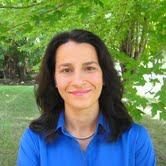
Ana Oancea, Assistant Professor of Modern Foreign Languages:
“I was recently offered a position as Assistant Professor of French at the University of Delaware. Though I greatly enjoyed my time at OWU, this university places me closer to my parents, who live in the DC area, and my husband, who was just offered a position at Villanova University in Pennsylvania. We’d been commuting over the past 5 years, which was certainly challenging, so we couldn’t pass up the opportunity to relocate together in the Northeast.”
“I am going to miss my great friends and colleagues in the MFL and beyond, and of course, the students. The French program has allowed me to meet many wonderfully smart and talented undergraduates, whose accomplishments at OWU have carried them very far. I’m particularly delighted I get to watch a number of such excellent students graduate this year!”
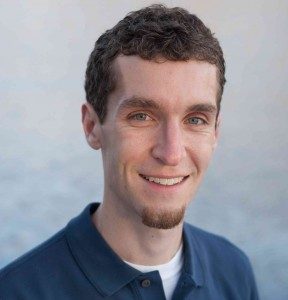
Christian G. Fink, Assistant Professor of Physics-Astronomy and Neuroscience
“I am tremendously grateful for the relationships I’ve developed with the students, faculty, administrators, and staff at Ohio Wesleyan. I will look back at my time here fondly. Leaving the OWU community was one of the most difficult decisions of my life, but in the end my wife and I determined it was the best option for our family.”
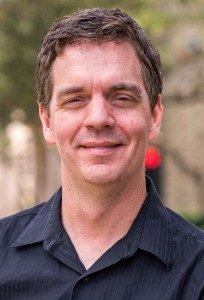
N. Kyle Smith, Associate Professor of Psychology
“In my time at OWU I’ve built a lot of great relationships with colleagues and students, and created memories that I’ll treasure forever. It’s never easy to leave a place that’s been a home for 17 years, but I’m excited for what lies ahead in the next phase of my life.”
“As for the effect on the psychology department, it’s likely that our departure will present a short-term challenge, but I’m confident that our colleagues will use it as an opportunity to build an even stronger department that matches their vision for what a psychology department should be. If I were a student, I’d be very interested to see what new opportunities this will create.”
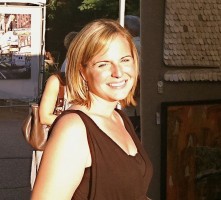
Sarah L. Bunnell, Associate Professor of Psychology
“I have accepted a position as the Associate Director of the Center for Teaching and Learning at Amherst College. In terms of why I’m leaving, my future position is a great fit for my career goals and it’s a wonderful opportunity for our family. I will miss the OWU students tremendously, and I appreciate the opportunities that being a member of the OWU community has provided.”
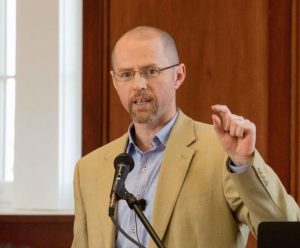
David L. Eastman, Associate Professor of Religion
“There are some family factors that played into the decision to look for a job farther south. Because the academic job market is so challenging right now, not many opportunities for movement come along. This is an opportunity to continue my teaching and research, while also working with student-athletes, which has been one of my primary passions here.”
“I have accepted a position as the John Glenn Sherill chair of Bible at The McCallie School in Chattanooga, Tennessee. I will be teaching many of the same classes and will remain actively involved in professional societies, publishing, and other research outlets. On one level, this represents A continuation of my current trajectory, although I will be doing it at a private high school instead of a university. I am hoping to recruit students from the school to come to Ohio Wesleyan in future years!”
Retiring
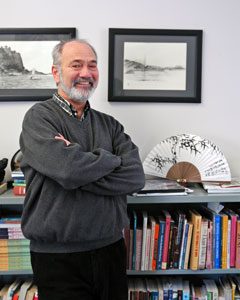
James (Jim) , Professor of Sociology/Anthropology
“I’m retiring because it is “time.” At 70, I’m not as sharp as before but do perceive how my mental capacities have decreased. Not my “academic knowledge,” which I think is as good as ever, but my ability to deliver it coherently. I’ve especially noticed that my ability to organize and manage course requirements has declined. Briefly: I “know” what I’ve always known, but cannot deliver it as well as before. And my ability to choose and deliver readings and manage assignments has fallen quite a lot.”
“Low faculty morale is not a factor in my decision. But I would say that faculty morale is the lowest since I came 30 years ago. Some evidence is: (1) Lower attendance at faculty meetings –a quorum is far more difficult to achieve; (2) Number of younger faculty leaving for other institutions with their faculty lines not being replaced. This year OWU departments requested twenty positions, most of which were left overs from previous retirements and departures. The administration (in consultation with OWU Trustees) will fund four of the twenty.”
“I teach in two majors: Sociology/Anthropology and East Asian Studies, which I’ve directed for the past dozen or so years. East Asian Studies is an interdisciplinary program and therefore has no faculty of its own. Classes in the major are taught by faculty in departments like Comparative Literature, History, Modern Foreign Languages, and Politics and Government. EAS therefore is dependent on those departments to provide classes that are relevant or required for the EAS major. Modern Foreign Languages is most problematic for the EAS major. It offers several semesters of Japanese taught by a talented and dedicated part-time instructor. However, since the departure of our previous full-time Chinese teacher about four years ago, Chinese enrollments are much lower than in previous years. Given the significance of China in today’s world, it is hard to imagine that the decline is caused by lowered student interest in Chinese, so something else must be going on.”
Various departments together requested 19 faculty positions be filled not counting the 5 new departures above in an anticipation of retirements, new positions and those positions that have not been filled over the past couple years. However, only four of those 19 will be filled for the 2019-2020 academic year.
There are also more scheduled departures after the 2018-2019 school year. All of this puts the university’s faculty number way down and relies heavily on adjuncts.
Jones remains optimistic that retention of faculty won’t be an issue in the coming years.
“OWU has an unusually strong faculty,” Jones said. “Students regularly report that their highest levels of satisfaction relate to the support they receive from faculty and to the quality of instruction they receive in the classroom. We will continue to work to retain faculty at OWU. In the past five years, faculty salaries at OWU have increased significantly in relation to faculty salaries at GLCA institutions. The faculty is working on issues related to faculty work-load. The Connect Today, Create Tomorrow campaign includes fundraising to increase support for faculty scholarly work, faculty innovation, and general support of faculty salaries.
Staff who worked on this story: Kienan O’Doherty, Reilly Wright, Maddie Matos, Jesse Sailer, Kit Weber, Tung Nguyen.

